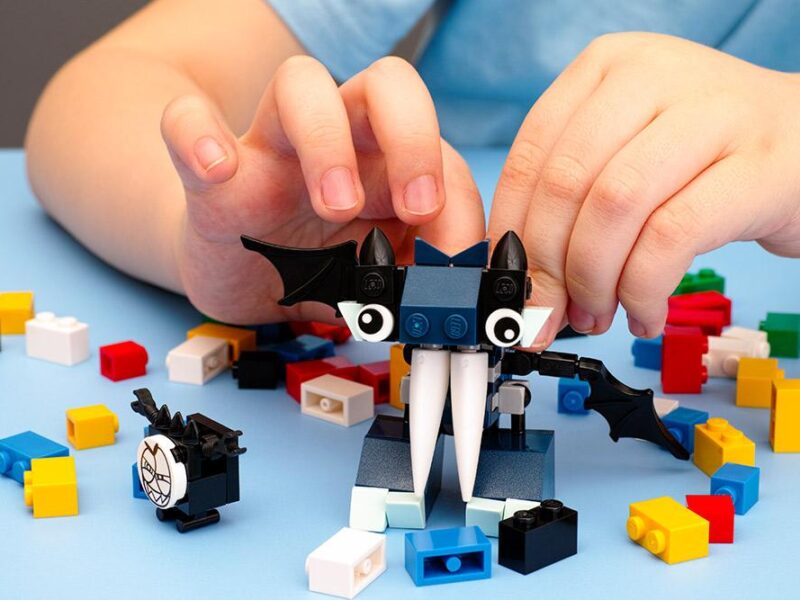Playing Differently
I’m always amazed at how differently my kids play.
For example, I made these amazing (if I say so myself) wooden blocks for Christmas one year. They’re made to be stand-alone sections of a castle – some as corners, some as walls, some taller, some smaller, some with doors, and so on. They’re designed to be pretty generic though, so that they can be used for various things.
My eldest has had endless use of these blocks (and to be fair they were made for him, because I know what he likes). He’s made castles, soccer fields, WWII style gun emplacements, dinosaur enclosures, and everything else you can imagine. He’s used them at least once a week for the past seven years. He sits quietly with them, arranging, and placing, and building – no supervision required.
My middle guy refuses even to touch them. Micro play has no interest for him at all. If it doesn’t involve running, jumping, or (even better) defying death, then he’s bored. The idea of sitting and playing with blocks feels like torture to him. He has never played even a second with those blocks.
My youngest is different still. He builds with the blocks, but it’s anything but representational and anything but quiet. He builds massive towers that seem to have no purpose and to be deliberately asymmetrical. They’re constantly collapsing (the heavy wooden blocks clattering all over our hardwood floors), which produces screams of delight or rage, depending on whether or not he was ready for demolition.
When I see these extremes of response to one simple toy, I’m often struck by how little my experience with one child is able to prepare me to parent another of my own children, never mind offer advice to other parents. I mean, based solely on my eldest child I might have told people that these blocks I made were a sure way to occupy children quietly and spur their imagination. Unfortunately, if your kid happened to be like my middle one, my advice wouldn’t do you much good.
It reminds me that we need to be careful of how we give and receive advice as parents. What works for us may not work for someone else, so we need to offer each other suggestions rather than prescriptions. Conversely, what works for other parents may not work for us, so we need to take advice with a grain of salt. Parenting isn’t about mastering some set of universally applicable techniques. It’s about discovering what works best for our own individual children.





